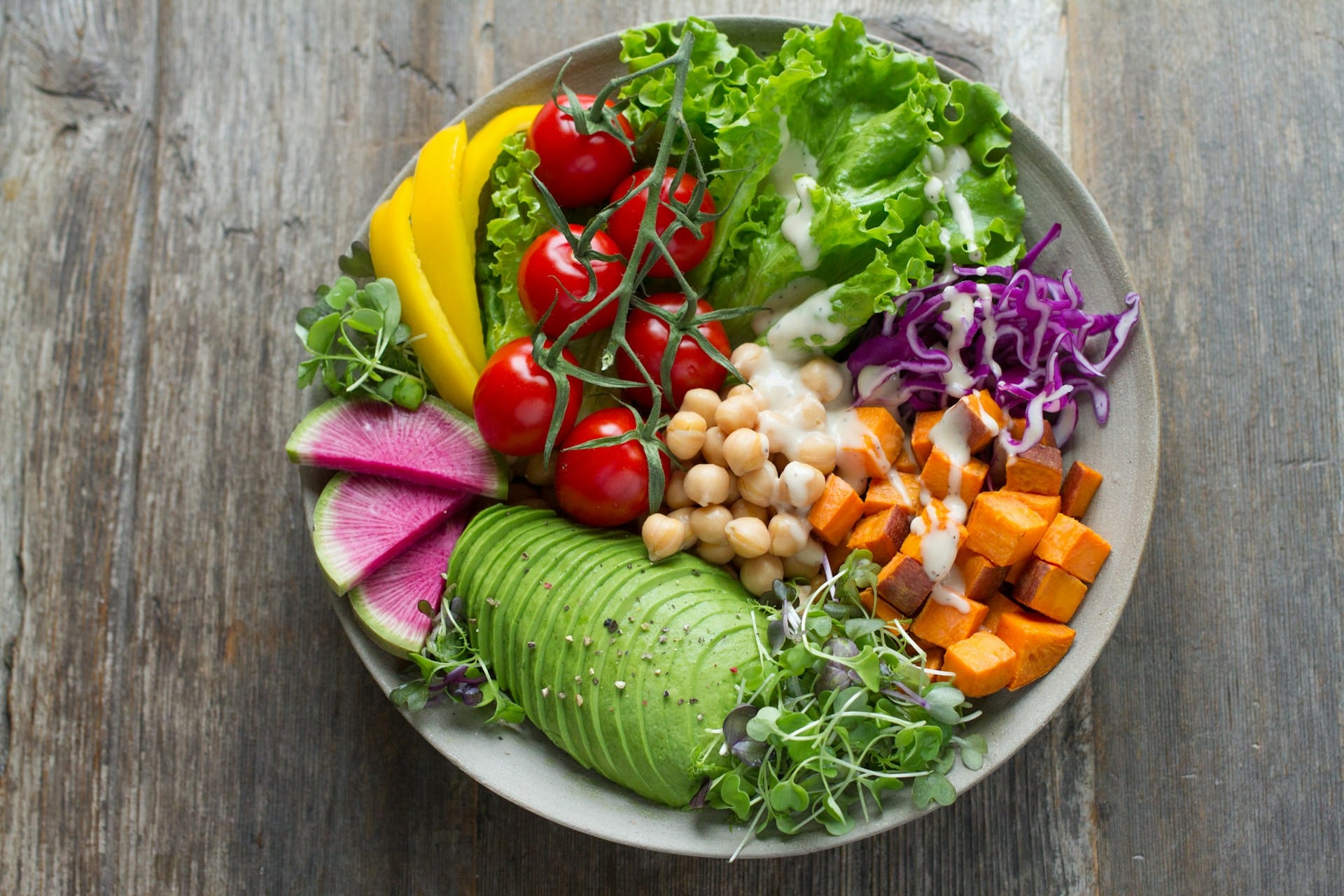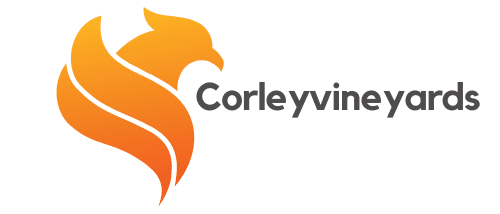Which Nutritional Deficiencies Are Most Common in Vegan Diets and How to Address Them?

A vegan lifestyle has gained popularity in recent years, with many people embracing plant-based diets for health, environmental, and ethical reasons. While a well-planned vegan diet can certainly be healthy and nutritionally adequate, it’s important to know about some potential nutritional deficiencies vegans might face. This article will delve into the most common deficiencies and how to address them.
The Importance of Vitamins and Minerals in a Vegan Diet
In the world of nutrition, vitamins and minerals are essential for maintaining good health. They play a key role in bodily functions such as metabolism, immunity, digestion, and bone health. However, finding sufficient sources of these nutrients can prove challenging for vegans, given that some of the richest sources are found in animal products.
A lire en complément : What Specific Yoga Asanas Aid in Alleviating Lower Back Pain?
Vitamin B12
Vitamin B12, a crucial nutrient for brain function and blood formation, is a common deficiency in vegan diets. This is mainly because B12 is naturally found in animal products. Deficiency of this vitamin can lead to neurological disorders and anemia.
To ensure sufficient B12 intake, vegans can include fortified foods in their diet. These include plant-based milks, breakfast cereals, and yeast extracts. B12 supplements are also a viable option.
A lire en complément : How Can Mindfulness Techniques Enhance Focus and Productivity in Remote Workers?
Iron
Iron is vital for producing red blood cells and transporting oxygen throughout our bodies. While iron is found in both plant and animal foods, the type of iron in plant foods (non-heme) is not as easily absorbed by the body as the iron in meat (heme).
Vegans can increase their iron intake by consuming iron-rich plant foods such as lentils, chickpeas, tofu, and fortified cereals. Consuming foods high in vitamin C, such as citrus fruits and bell peppers, together with iron-rich foods, can enhance the absorption of non-heme iron.
Calcium and Iodine: Essential for Vegans
While most associated with dairy products, calcium is equally important for vegans. This mineral is critical for bone health, as well as for muscle function and nerve transmission.
Vegans can meet their calcium needs through various plant-based foods. These include fortified plant-based milks, tofu made with calcium sulfate, and green leafy vegetables like kale and collard greens.
Iodine is another nutrient that vegans might lack due to the limited plant-based sources. Iodine is essential for thyroid function, which regulates metabolism. Vegans can boost iodine intake by using iodised salt or consuming seaweed, which naturally contains iodine. However, because the iodine content of seaweed is variable, a supplement might be required.
Balancing Nutrient Intake in a Vegan Diet
Despite some challenges, it is entirely possible for vegans to meet all their nutrient needs through careful meal planning and judicious use of fortified foods and supplements. Regularly reviewing your diet can also help to ensure you’re getting a balance of nutrients.
It’s important to note that individual requirements can vary widely. What works for one person may not work for another, so it’s beneficial to seek advice from a healthcare provider or a registered dietitian. They can offer personalized guidance based on your health status, lifestyle, and nutritional needs.
Learning from Studies on Vegan Diets and Nutrition
Research on vegan diets and nutrition is evolving. Some studies suggest that vegans may have lower levels of certain nutrients, but also show benefits in terms of lower body mass index (BMI), lower cholesterol levels, and reduced risk of heart disease.
Studying the diets of long-term vegans can provide useful insights. For example, some studies have shown that vegans who consume a varied and balanced diet, rich in wholefoods, can meet their nutritional needs without animal products.
Nevertheless, it is crucial to remain informed about potential nutritional deficiencies and how to address them. The key is to ensure that a vegan diet is varied, balanced, and includes all necessary nutrients. Remember, a vegan diet can be healthful and nutritionally adequate if well-planned and balanced.
Remember, your body’s health should always come first. Listen to its needs, keep an eye out for potential deficiencies, and make the necessary adjustments to your diet. Being a healthy vegan is entirely achievable, and can be a fulfilling and rewarding lifestyle choice.
Omega-3 Fatty Acids and Zinc: Essential Nutrients for Vegans
Many are aware that omega-3 fatty acids are commonly found in seafood, especially fish. These fatty acids are key for brain health and reducing inflammation. As vegans don’t consume seafood, they may find it more challenging to get sufficient omega-3.
Plant foods like chia seeds, flaxseeds, hemp seeds, and walnuts are rich in a type of omega-3 fatty acid called ALA (alpha-linolenic acid). However, the other two types, EPA (eicosapentaenoic acid) and DHA (docosahexaenoic acid), are not commonly found in plant foods and are crucial for optimal health. Vegans can consider microalgae-based supplements to fill this nutritional gap.
Zinc, a mineral essential for immune function and wound healing, is another nutrient that vegans may have a harder time obtaining. Zinc is present in a variety of foods, but the high phytate content in plant-based diets can hinder its absorption.
Plant foods like legumes, nuts, seeds, and whole grains are good sources of zinc. Techniques like sprouting, soaking, or fermenting these foods can also help enhance zinc absorption. For some vegans, a zinc supplement might be beneficial, but this should be discussed with a healthcare professional to prevent excessive intake.
The Role of Protein in Vegan Diets
There’s often concern about protein intake in vegan diets as many high-protein foods are animal-based. However, protein is crucial for growth, repair, and maintaining good health.
Plant foods can provide ample protein, but it’s essential to consume a variety of these foods to get all the necessary amino acids. Legumes, grains, nuts, seeds, and certain vegetables are excellent protein sources. Soy products, like tofu and tempeh, are also protein-rich.
Eating various protein sources throughout the day can help ensure a balanced intake of all essential amino acids. For highly active individuals or those with specific health conditions, a vegan protein supplement might be beneficial.
Vegan Diets: A Holistic Perspective
While vegan diets can be nutritionally adequate and offer numerous health benefits, it’s vital to be aware of potential nutrient deficiencies. Balanced meal planning, alongside the use of fortified foods and supplements, can help ensure nutritional needs are met.
Regular dietary reviews and consultations with healthcare professionals can provide personalized guidance, taking into account individual health status, lifestyle, and nutritional needs. Veganism isn’t just about removing animal products from your diet, but also about incorporating a variety of nutrient-rich plant foods.
Vegan diets have been linked to a lower BMI, lower cholesterol levels, and a reduced risk of heart disease. However, each individual’s nutrient needs are different, and the key to a healthful vegan diet lies in its balance and variety.
In conclusion, knowledge and mindful planning are crucial when following a vegan diet. It’s possible to lead a healthy lifestyle while being a vegan, as long as one is mindful of potential nutrient deficiencies and actively works to address them. Always remember, your body’s health should be your top priority. Vegans should listen to their bodies, watch out for signs of nutrient deficiencies, and make dietary adjustments as necessary. Veganism can indeed be a fulfilling, rewarding, and healthful lifestyle choice.
